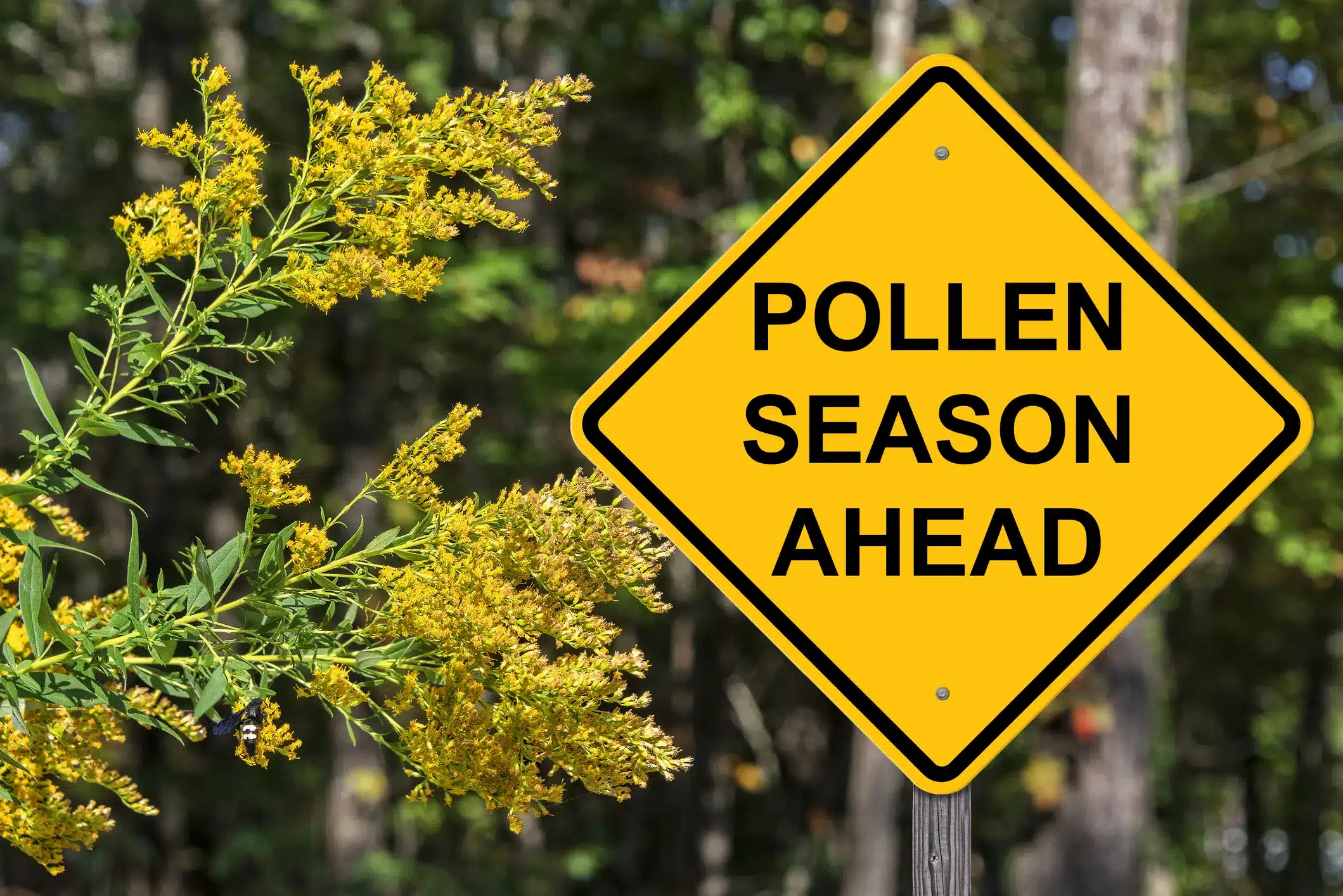
Seasonal allergies can be annoying, especially when you want to be outside more in the warmer months. MainStreet has the scoop on all things allergies!
What Are Allergies?
Allergies affect millions of people each year, especially in the springtime. Allergic rhinitis happens when your immune system react adversely to particles in the air called allergens. When you breathe in allergens, your body releases a natural chemical called histamine. Histamine signals to other cells in your body that something isn’t quite right.
Most people experience allergic rhinitis, or hay fever, during pollen seasons like spring, summer and early fall. Seasonal allergy triggers include tree pollen, grass, ragweed, hay and more.
Hay fever isn’t limited to seasonal allergies, though. Pet dander, mold and dust mites also cause allergic rhinitis.
Symptoms of Seasonal Allergies
The common cold and seasonal allergies share many of the same symptoms, which makes it easy to mistake the two conditions for each other. You can distinguish between the two by the length of time you experience the symptoms. A cold lasts about a week, while allergies can improve or worsen depending on pollen levels during the season.
Common seasonal allergy symptoms include:
- Stuffy nose
- Runny nose
- Sneezing
- Itchy and watery eyes
- Sore throat from post nasal drip
- Ear congestion
- Itchy nose, throat, and ears
Diagnosing and Treating Seasonal Allergies
As we mentioned before, seasonal allergies can be difficult to distinguish from a common cold. You likely have allergies if you notice the same symptoms around the same time of the year. If you’re still unsure, allergy tests like blood tests or skin tests can tell you exactly what allergens affect you.
Treating your allergies doesn’t have to be complicated. You can soothe your symptoms with nasal sprays, sinus rinses, and over-the-counter allergy medications. Common medications include oral antihistamines like Allegra and Zyrtec.
Having difficulty treating your allergies? MainStreet would love to help you! We offer treatment for seasonal allergies in our urgent care services.
Reducing Your Allergy Symptoms
MainStreet has a few tips for you to reduce the severity of your spring allergy symptoms. First and foremost, stay indoors on the days that the pollen count is high. Those sunny spring days can be tempting, but limiting your time outside helps reduce allergy symptoms caused by pollen.
Healthline also recommends removing sources of indoor allergens to reduce your exposure and improve your quality of life. The following simple steps can have a big impact on your allergy symptoms:
- using allergen-proof bedding and pillowcases
- cleaning your air conditioning unit
- keeping windows closed
- ridding the home of dust mites or mold
Turn To MainStreet Family Care
Allergies have you down? MainStreet can help!
To visit one of our clinics, register online. You will be able to wait from home or in your car until we are ready to see you. We’ll send you a text when it’s time to head to the clinic.
MainStreet loves walk-ins and accepts them daily! Walk-ins may face longer in-clinic wait times which is why we highly recommend our online registration system. Walk-ins join the same queue as those who register online.






